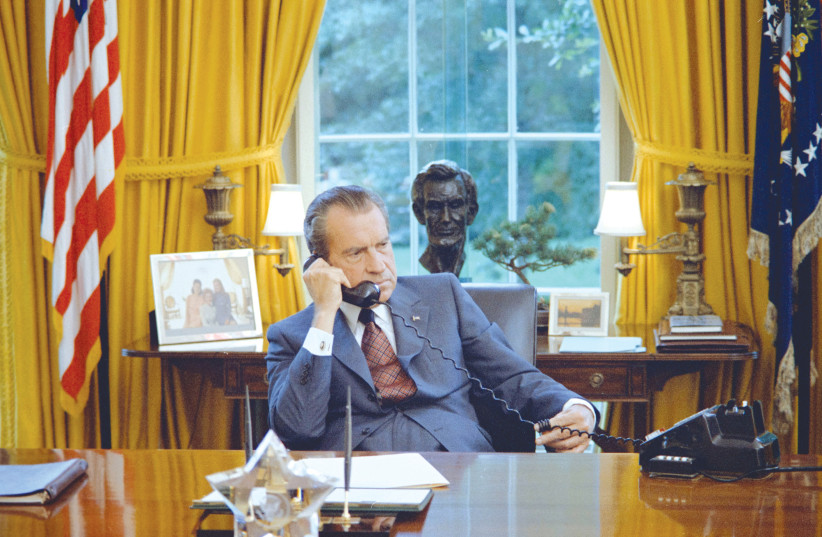This year marks the 50th anniversary of president Richard Nixon’s historic trip to China. This trip is widely recognized as the moment China entered the world stage. There is a common belief among global affairs savants that Nixon made a grave mistake. In reality, however, his logic was sound, and his international policies should still serve as a guiding light.
It is undeniable that China is participating in genocide and atrocities on a scale not seen in decades. China is systematically removing and erasing its Uighur population, killing dissidents, and pushing for a monolithic nation that includes Taiwan. Blaming this on Nixon for allowing China to enter the international arena is a mistake. China would eventually become a global power; the error was thinking capitalism alone was enough.
Nixon was right to give China access to capitalism, resulting in a shift in the dynamics of the markets. However, no one could have predicted that China would ultimately decide who reaps the benefits of capitalism. Could more have been done to control China’s entry into global markets? Yes, but to make this point 50 years later is beyond hindsight; it is revisionist.
Richard Nixon was right on numerous accounts
Outside of China, Nixon was right on numerous accounts. He was a staunch ally of the shah and knew the ayatollahs should not be allowed to seize power in Iran. The overthrowing of the shah sent Iran back generations, turning it into the radical terror state it is today.

Nixon felt very strongly that the US had failed to support the shah; he even attended the shah’s funeral in Egypt, years after leaving office. Iran, in the hands of the ayatollahs, was the springboard for many of today’s terror groups in the Middle East, including Hamas, Hezbollah and the Houthis.
Nixon was acutely aware of the threat Russia posed to the world. In 1992, he warned in an interview that the end of the Cold War would not be the end of Russian imperialism. He argued that Russia, given the opportunity, would seek to spread both communism and despotism around the globe. Overcoming this threat, he said, would benefit not only the West, but would also inspire all those who could, to strive for freedom. A Russian defeat would aid the spread of democracy.
Nixon also deserves credit for Operation Nickel Grass, in which the US delivered tanks, arms, ammunition and equipment directly to Israel during the 1973 Yom Kippur War. The operation is often viewed as a turning point for Israel in that war. Nixon fully expected OPEC nations to retaliate with an oil embargo; nevertheless, it did not dissuade him from carrying out this operation.
With the benefit of hindsight, it would be easy to criticize events that took place half a century ago. Yet, Nixon’s predictions and approach now ring with an eerie foresight. He was not always perfect, his tactics were sometimes flawed; nevertheless, he had a remarkable record in this regard. The world would be significantly aided if more world leaders took a page from his playbook and shared his vision of the world.
The writer is the engagement chair for the Young Republicans National Federation, and is pursuing a master’s degree in public policy (environmental policy) at Arizona State University.
